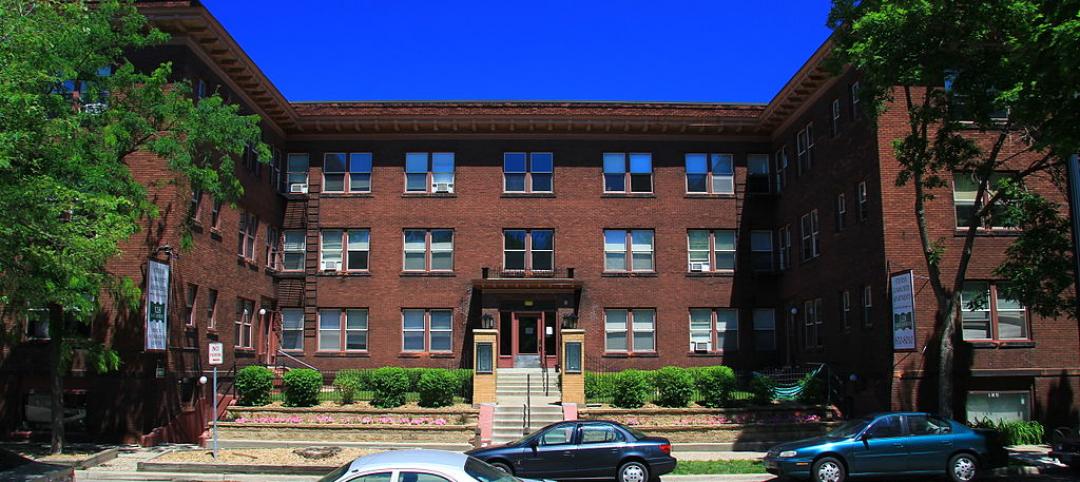A recent ruling by the Pennsylvania Supreme Court puts limits on a state law meant to ensure that contractors and subcontractors receive prompt payment for their work.
The court ruled that the state’s Contractor and Subcontractor Payment Act (CASPA) does not apply to construction projects where the owner is a governmental entity. The case, Clipper Pipe & Service, Inc. v. Ohio Casualty Insurance Co., pertained to the construction of an addition and renovations to the Navy/Marine Corps Reserve Training Center in the Lehigh Valley.
The contractor, Contracting Systems, Inc., failed to pay a subcontractor, Clipper Pipe & Service for performance of mechanical and HVAC work, according to JD Supra Business Advisor. Clipper sued CSI and its surety, asserting claims for breach of contract and violation of CASPA. The claim likely would have allowed it to recover its attorneys’ fees and possibly a statutory penalty if the court had ruled in the subcontractor’s favor.
On public projects, contractors working in Pennsylvania must rely on the Prompt Pay Act (“PPA”), which governs the payment obligations and rights of contractors and subcontractors on public projects. That statute, however, differs from CASPA with different timing provisions for payment, a different rate of interest, and a different burden of proof associated with penalty and attorneys’ fees provisions. Notably, it is also more difficult for a party to recover attorneys’ fees and penalties under the PPA than under CASPA.
Related Stories
Casinos | Jan 30, 2016
Boston ends its opposition to a casino, Wynn to build $1.7B resort
A judge’s ruling last year paved the way for Wynn Resorts to begin construction on a 33-acre gambling palace in Everett, Mass.
| Jan 5, 2016
RICS 2016 Americas Summit to feature former U.S. Treasury Secretary Larry Summers
RICS - the Royal Institute of Chartered Surveyors - will hold its fourth annual Summit of the Americas in Washington, D.C., April 3-5, 2016.
Legislation | Sep 18, 2015
Bill aims to harmonize policy regarding federal, state marijuana laws
Would provide protection from federal prosecution for property owners
Multifamily Housing | Jul 16, 2015
Minneapolis relaxes parking requirements on new multifamily buildings
The city cut the number of spots required for large developments by half. It also will accept plans with no parking spaces in certain cases.
Codes and Standards | Jul 16, 2015
Berkeley, Calif., adopts balcony inspection program following deadly collapse
Apartment building balconies will be subject to inspections every three years under new regulations adopted following a deadly collapse.
Codes and Standards | Jul 16, 2015
Oregon to spend $300 million for seismic updates on public buildings
A survey found that more than 1,000 Oregon school buildings face a high risk of collapse during earthquakes.
Codes and Standards | Jun 24, 2015
Maryland’s Prince George County turns to P3s to build green infrastructure
Over the next 10 years, the county must convert 15,000 acres of watertight surfaces—almost 5% of the county's total area—into surfaces that absorb or treat rainwater.
Codes and Standards | Jun 24, 2015
Philadelphia considers more incentives for green building
Developers could be allowed additional height, floor area on projects that meet benchmarks.














